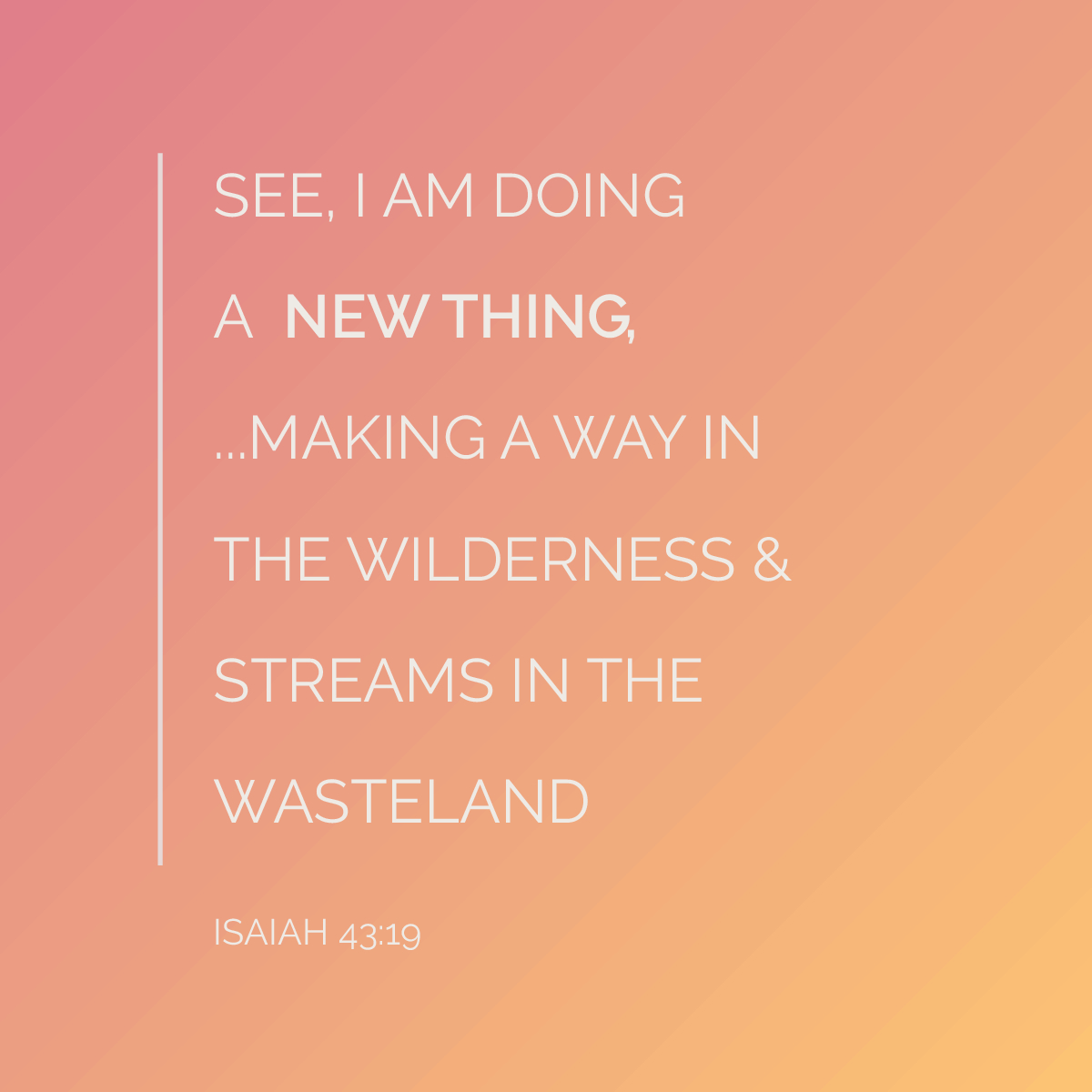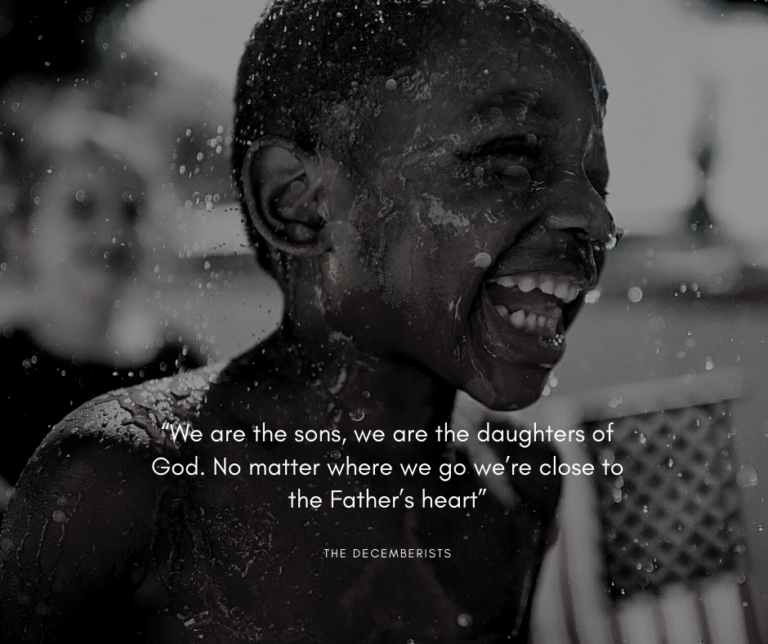One student sweeps her bedroom every night with a special broom to clean out any bad spirits that might be hiding in the corners so that she won’t need to do it before she leaves for early prayers the next day at the mosque. Another talks about how her Chinese grandfather protects her since he was anointed as a god when he was her age; she hopes to inherit the same gift soon if her offerings to him find favor. Since becoming a Christian, C has become increasingly conflicted about wearing the family bracelet that has been passed down that is said to hold a djinn or spirit inside. As my college students are asked seemingly simple questions about objects they hold valuable, about daily rituals they continue even after they have moved from home and about how they come to terms with their overlapping (and often conflicting) cultural backgrounds they often struggle with how to find balance with respecting and learning from the past even as they hope to become better. So many seem to be weighed down by traditions and history when what they want is to be lighter, freer, more confident even with the unknown.
And what I love about teaching courses on culture at our Asian university is that they are seeing the news about the US and asking big questions not only about what it means to me, the American, but also what it means to them as they try to find their way as independent adults. Discussions about race in America lead to questions about how the hundreds of different ethnic groups here can have each of their voices heard. Questions about remembering history without ignoring mistakes and atrocities of the past lead to conversations about ancient temples sitting on nearby mountains with camping sites and ziplines crisscrossing their shadows. Questions about freedom versus responsibility; about punishment versus restoration; about being cautious without living in fear…these are what students are struggling with and why we continue to point to the only One who can offer the lasting answers they need.
Even as we hear discussions about how to return to normal in the classroom – do we keep classes online; how do we make sure that students lacking good computers or internet access not get left behind; how do we compensate of for that important personal interaction – we encourage our students to reflect, personally, on how much of that “old normal” do we want to keep? They are living in a unique time where they have the opportunity to reflect and debate and change and grow as they sit in their socially-distanced cocoons. We are reminded of Isaiah 43:18-19 “Forget the former things; do not dwell on the past. See, I am doing a new thing! Now it springs up; do you not perceive it? I am making a way in the wilderness and streams in the wasteland.” And we know that God will lead them to a new place if they let Him.
– From Jonathan and Amanda, serving in Southeast Asia and partners with RCC for almost 20 years.






